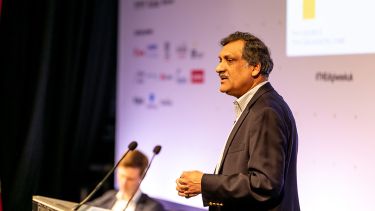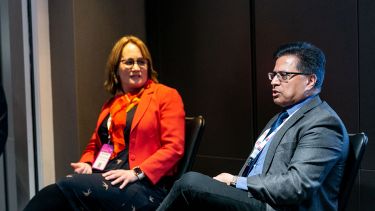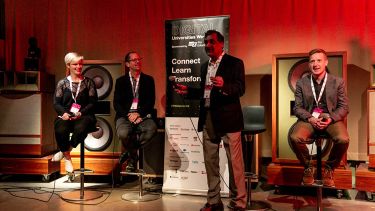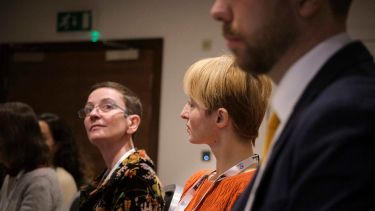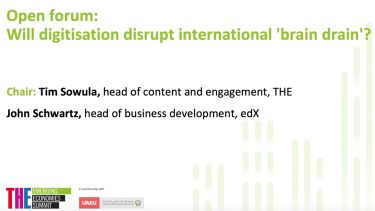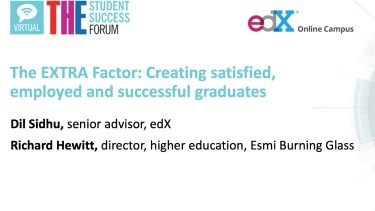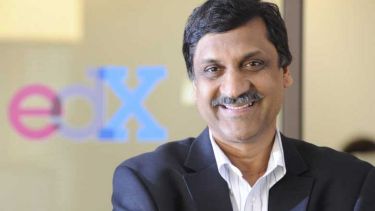Higher education is witnessing a drastic shift in employer expectations and students’ learning preferences, making a skills-focussed curriculum more important than ever
Higher education institutions with one eye on the future are at the head of the pack when it comes to creating market-demand-led education programmes. During a session at the THE Student Success Forum, held in partnership with edX, a panel of university leaders discussed how their institutions are preparing students for the changing world of work.
Nina Huntemann, vice-president of learning at edX – an open online course provider created by Harvard and MIT – opened the session with a lightning talk about trends in workforce-infused curricula. EdX has found that the skills employers are demanding have shifted from hard skills, such as computer science, to human skills like leadership and communication. “Higher education has an opportunity to respond to [this change] to offer their own credentials, and a way to do that flexibly is through online,” Huntemann said.
Richard Senese, president of Capella University, told the panel that adaptability is part of his university’s DNA. “Capella was founded on this very question: how do we shorten the distance between education and employment? How do we help professional working adults advance in their careers?” he asked. “I think our secret sauce is in our vision and commitment to the same mission: professionally relevant credentials, flexibility, affordability and personalising the experience. We test ourselves any time we have an innovation against those four [principles].”
The story is similar at the Arthur M. Blank School for Entrepreneurial Leadership at Babson College. “Knowing that the jobs of the future haven’t been created, we need more entrepreneurial leaders than ever,” said Donna Levin, CEO of the school. “We have entrepreneurship at our core and in our DNA, so we are constantly reinventing and reassessing our curriculum.”
However, things are different for those institutions that weren’t founded with the same innovative principles in mind. Huntemann asked the panellists what challenges they’ve faced when trying to implement such ideals in more traditional institutions.
Gary Bertoline, senior vice-president of online and learning innovation at Purdue University, commented on his university’s 150-year-old history and the barriers that tradition can present when attempting to implement significant change. “The first mindset shift I would recommend is you as a leader,” he said. “You need to have leadership stamina in order to do this. Purdue is a well-established university, it has tenure, it has systems and processes that have been used for decades, and when you go in and challenge those things, you really – as a leader – need to be sure you know what it is that you want to do and stay focused on that.”
But convention isn’t the only barrier to growth. The panellists noted that accessibility is an increasingly important factor, especially in the age of blended learning. Huntemann presented findings from edX, which showed that 87 percent of higher education leaders are concerned about access for low-income students. Levin said of the Arthur M. Blank School’s work in this area: “We’ve developed a number of programmes [where we can target] different minority groups that we know are traditionally challenged. So we have a black women’s entrepreneurial leadership programme and a certification that was tested, and now it is seeing tremendous growth in scale. We’re looking to expand that programme to meet other learners and entrepreneurs.”
As the demands of the future workforce shift, it’s important to focus on more than just students’ short time at university. As Tom Monahan, president and CEO of DeVry University, said: “We’re making movies – we’re not making snapshots. We really want to make sure the movies we’re creating for our students are the ones we want to create.”
Watch the session on demand above or on the THE Connect YouTube channel.
Find out more about edX.

